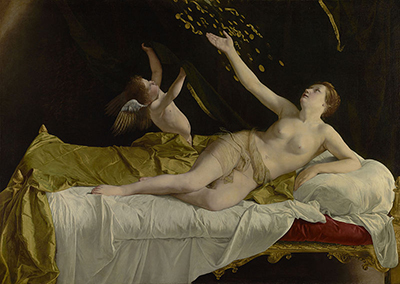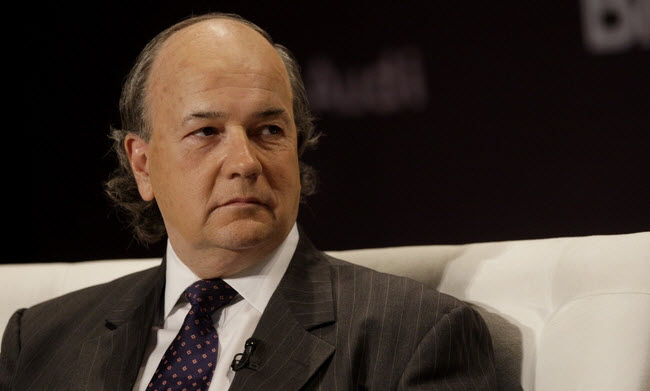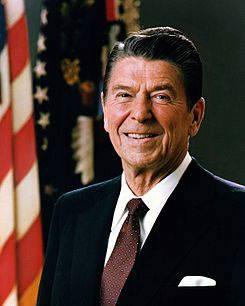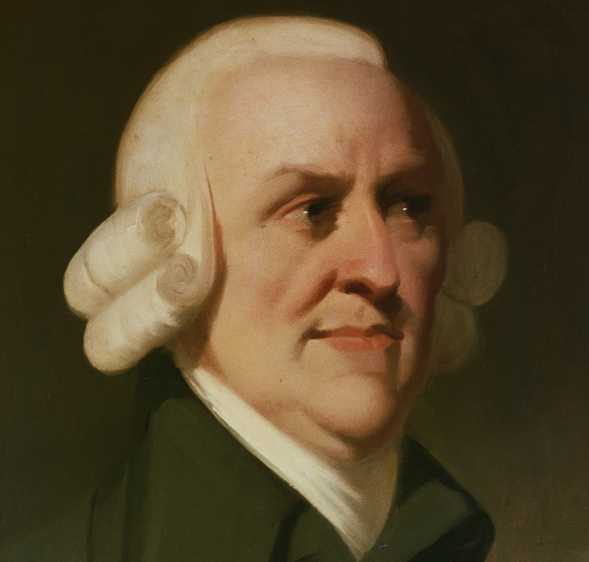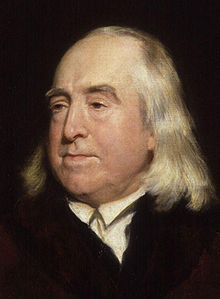by Mike Maloney
Preface
I believe the greatest investment opportunity in history is knocking on your door. You can open it, or not… the choice is yours.
For the past 2,400 years a pattern has continually repeated in which governments debase and dilute their money supply until a point where the common psyche of the populace and the collective mind of a country begin to feel that something isn’t right.
You probably feel that way right now.
As the debasement progresses, the population senses the loss of their purchasing power. Then something miraculous happens. Through the free market system, the will of the public causes gold and silver to automatically revalue. In doing so, it accounts for all the currency that was created since the last revaluation.
It’s automatic, and it’s natural; gold and silver have always done this, and they always will. People have an innate sense of the rarity of gold and silver. When paper money becomes too abundant, and thus loses value, man always turns back to the precious metals. When the masses come rushing back, the value (purchasing power) of gold and silver increases exponentially.
During these events there is always an enormous wealth transfer, and it is within your power to choose whether it is transferred toward you, or away from you. If you choose to have it transferred toward you, then you must first educate yourself, and second, take action.
This book is about both education and taking action. In its pages you will find both historical perspective and practical advice about how to take advantage of what I believe to be the biggest precious metals boom ever. At first you might be surprised by the amount of history I’ve laid out here, but I assure you there is a reason to my rhyme. For it is only by understanding our past that we can truly know the present. And presently we are faced with a very rare opportunity to increase our wealth exponentially—if we are armed with the right knowledge.
This book will equip you with all you need to become a successful precious metals investor, and will equip you with the knowledge you need to take your financial future into your own hands.
Introduction
This book will change and expand your context—if you let it. We will explore some very “contextual” stories of how gold and silver have revalued themselves throughout history as governments abused their currencies, just as the United States is doing today. We’ll talk about bubbles, manias, and panics because every investor should have some understanding of mass psychology and dynamics. After all, it is greed and fear that move the markets.
After we’ve explored the stories history provides for us, I will show where we are today economically, which is on the brink of economic disaster, what we will call the perfect economic storm. In the United States, the recklessness with which we spend and the poor planning our government employs has created an economic momentum that is unsustainable. As you will see, our currency (the dollar) is on its way to crashing, and this can only lead to far higher values for gold and silver. Together we will study the current state of the U.S. and global economies, and the supply and demand fundamentals of gold and silver versus the U.S. dollar.
You will also learn about two of the many natural economic cycles that repeat and repeat throughout history. One is the stock cycle, where stocks and real estate outperform gold, silver, and commodities, and then the cycle reverses and becomes a commodities cycle where gold, silver, and commodities outperform stocks and real estate. The other cycle is less known, less regular, and less frequent: the currency cycle, where societies start with quality money and then move to quantity currency and then back again.
These cycles swing like a pendulum throughout time, and they provide an economic barometer for the astute investor.
The greatest wealth can be accumulated in the shortest period of time when gold and silver revalue themselves. I believe this has already begun, and I believe that this revaluation will be staggering in its economic impact as the perfect convergence of economic cycles are brewing the perfect economic storm.
These cycles that ebb and flow throughout history are as natural as the coming of the tides. And while betting against them may be hazardous to your financial health, investing with them can bring you great wealth.
This book will unfold in four parts:
Part 1: Yesterday
In Part One of this book we will study some of the lessons history teaches us about economic cycles, paper currency, and their effect on gold and silver. I will give you examples of how gold and silver have always won out over fiat currency (a fancy term for money that is not backed by something tangible like gold or silver). I will also show you how manias and panics can change economic conditions in the blink of an eye. It is important to understand the dynamics of each because they will both play a role in what I believe will be the greatest wealth transfer in history.
Part 2: Today
In Part Two we will cover the financial shortsightedness of the United States government today, the dangerous game that the United States and China are playing with trade surpluses and deficits, and the potentially disastrous economic results. We will also see how inflation of the currency supply is not only hurting you financially, but ushering in the demise of the U.S. dollar and the economic power of the United States as we know it. Then I’ll wrap it up with the fundamentals of gold and silver.
Part 3: Tomorrow
Once we are done learning what history has to teach us, and have gained an understanding of the economic conditions we face today, we will explore how that information impacts our tomorrow, our future, and our family’s future. I’ll show you how to not only protect yourself from the coming perfect economic storm, but to also prosper from it by applying lessons we’ve learned from the past and the things the present is teaching us now. As you’ve probably guessed, this will have something to do with wisely investing in gold and silver. That’s probably why you’ve bought this book in the first place!
Part 4: How to Invest in Precious Metals
If you intend purchasing precious metals before finishing this book, please skip ahead to this section and read it first. As you’ll see, and I hope come to believe, the best possible investments given today’s economic environment are gold and silver. In the last section of this book, I’ll give you some good sound advice on the ins and outs of precious metals investing.
For many, precious metal investing is an alien environment with a reputation for being populated by a bunch of kooks and conspiracy theorists—and it is to some extent. But don’t let a few bad apples ruin the whole barrel. As you’ll see, history is well on the side of these “kooks” who love their gold and silver. Part Four will demystify the concept of investing in gold and silver. Investing in these metals is not only relatively easy, but it is also very safe.
Above all, as I mentioned earlier, this book is about changing your context.
The reason precious metals investing seems so alien and out there is because there are very powerful and wealthy companies and individuals that have a vested interest in maintaining the status quo. They want you to play their game. What I mean by that is that they benefit financially by making sure you keep your money in their hands.
Precious metals essentially eliminate the middleman. They are the only financial assets that do not have to be “in” the financial system. No financial advisor gets a bonus for pushing you into them like when you buy stocks and mutual funds. One of the reasons I’m proud to be part of the Rich Dad family is because it makes a point of exposing the game that the financial industry plays with your money. In the process they stress the importance of increasing your financial IQ by reading books like this one and others in the Rich Dad series. Once you are equipped with knowledge, you can recognize how the system plays you, and you can take control of your own financial future.
Playing their game is all fine and dandy—if you don’t care to increase your financial intelligence or to invest wisely. But when the whole system comes crashing down, don’t say I didn’t warn you. After you’ve finished reading this book, if I’ve done my job correctly, you will never be able to look at our financial institutions the same way. Your context will be changed, and a new horizon as bright as the morning sun will be before you.
I’ll see you on the other side.
